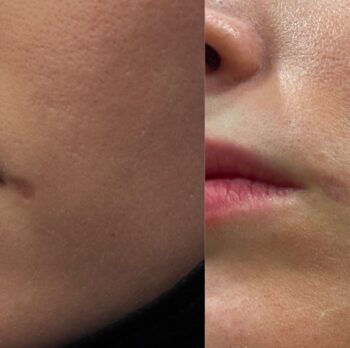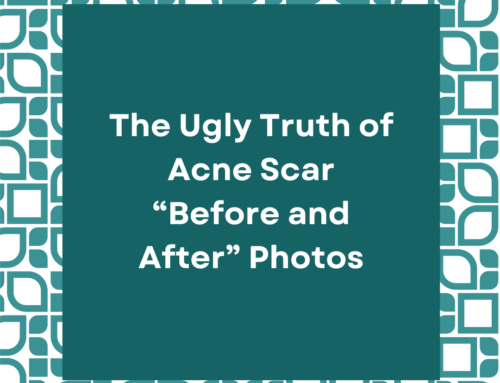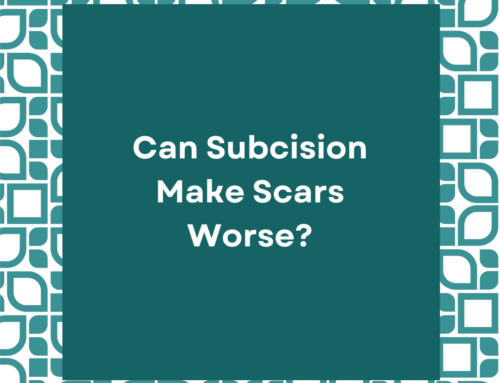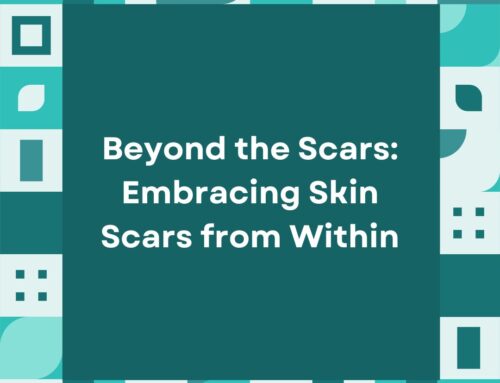Acne is often associated with adolescence, but for many adults, the struggle with breakouts persists. Adult acne can be frustrating and, at times, embarrassing. However, there’s good news – it’s entirely manageable. In this comprehensive guide, we’ll delve into the causes and triggers of adult acne, effective ways to tackle it, and how to tailor the perfect skincare routine for your unique skin. Let’s embark on the journey to clearer, healthier skin.
Understanding Adult Acne:
Adult acne is more common than you might think, affecting people well into their 20s, 30s, 40s, and even beyond. It typically presents in two primary forms:
- Persistent Acne: This type of acne resembles the teenage variety with regular breakouts, blackheads, whiteheads, and sometimes, painful cysts. It can be attributed to various factors, including genetics, hormones, and lifestyle choices.
- Late-Onset Acne: Late-onset acne often appears in adulthood, particularly in women. It tends to concentrate around the lower face and jawline and is closely linked to hormonal fluctuations.

Common Causes and Triggers:
Understanding the causes and triggers of adult acne is essential for effective management. Here are some common factors contributing to adult acne:
– Hormonal Fluctuations: Hormonal changes, such as those during menstruation, pregnancy, and menopause, can disrupt the skin’s balance and lead to breakouts.
– Stress: High stress levels can trigger acne or exacerbate existing breakouts by increasing the production of cortisol, a stress hormone that stimulates oil production
– Diet: Consuming excessive dairy, sugary foods, and high-glycemic index items may contribute to acne for some individuals.
– Skincare Products: Using the wrong skincare products, particularly those that are too harsh or comedogenic (pore-clogging), can worsen acne.
Effective Ways to Tackle Adult Acne:
Managing adult acne requires a combination of targeted strategies and patience. Here are some steps to help you achieve clearer skin:
- Consult a Dermatologist: Start by scheduling a consultation with a dermatologist who can identify the specific type of acne and its underlying causes. This will guide your treatment plan.
- Topical Treatments: Dermatologists often recommend topical treatments containing ingredients like benzoyl peroxide, salicylic acid, or retinoids to help unclog pores and reduce inflammation. These ingredients, however, tend to be very harsh. Consult a dermatologist like Dr. Hazany before using products like these.
- Oral Medications: In some cases, dermatologists may prescribe oral antibiotics, hormonal birth control, or medications like isotretinoin for severe acne.
- Lifestyle Changes: Managing stress through techniques like mindfulness, adopting a balanced diet, and maintaining a consistent sleep schedule can help prevent breakouts.
- Skincare Routine: Establishing a personalized skincare routine is vital. Use non-comedogenic products suited to your skin type and concerns, and avoid overwashing or harsh scrubbing.
Finding the Best Skincare Routine for You:
A customized skincare routine is essential for managing adult acne and maintaining overall skin health. Here’s a step-by-step guide to help you find the best routine for your skin:
- Identify Your Skin Type: Determine whether you have oily, dry, combination, or sensitive skin. This will guide your product choices.See our guide on how to identify your specific skin type.
- Choose Gentle Cleansers: Opt for a mild, non-comedogenic cleanser that suits your skin type. Cleansing twice daily is usually sufficient.
- Use Targeted Treatments: Incorporate acne-specific treatments as recommended by your dermatologist. These may include serums, spot treatments, or prescription medications.
- Moisturize: Even if you have oily skin, moisturizing is essential. Choose an oil-free, hydrating product to maintain skin balance.
- Sun Protection: Always use sunscreen with at least SPF 30 to shield your skin from UV damage. Look for a formula that suits your skin type.
- Avoid Over-Exfoliation: Over-exfoliating can exacerbate acne. Use exfoliants sparingly and as advised by your dermatologist.
- Stay Consistent: Consistency is key. Stick to your skincare routine, and be patient; results may take time to show.
In conclusion, adult acne is a common concern, but it’s entirely manageable with the right approach. Consultation with a dermatologist is your first step towards clearer skin.
Combine this with targeted treatments, lifestyle changes, and a personalized skincare routine, and you’ll be well on your way to achieving radiant, blemish-free skin.
Remember, each person’s skin is unique, so what works best for you may differ from others. Patience and persistence are your allies on this journey to healthier, more beautiful skin.
Schedule an Appointment
Scar Healing Institute
Scar Healing Institute is committed to developing the most effective treatments for scarring. Our team of scar revision specialists are continually inventing the latest technologies and formulas to deliver the best results for our patients.




